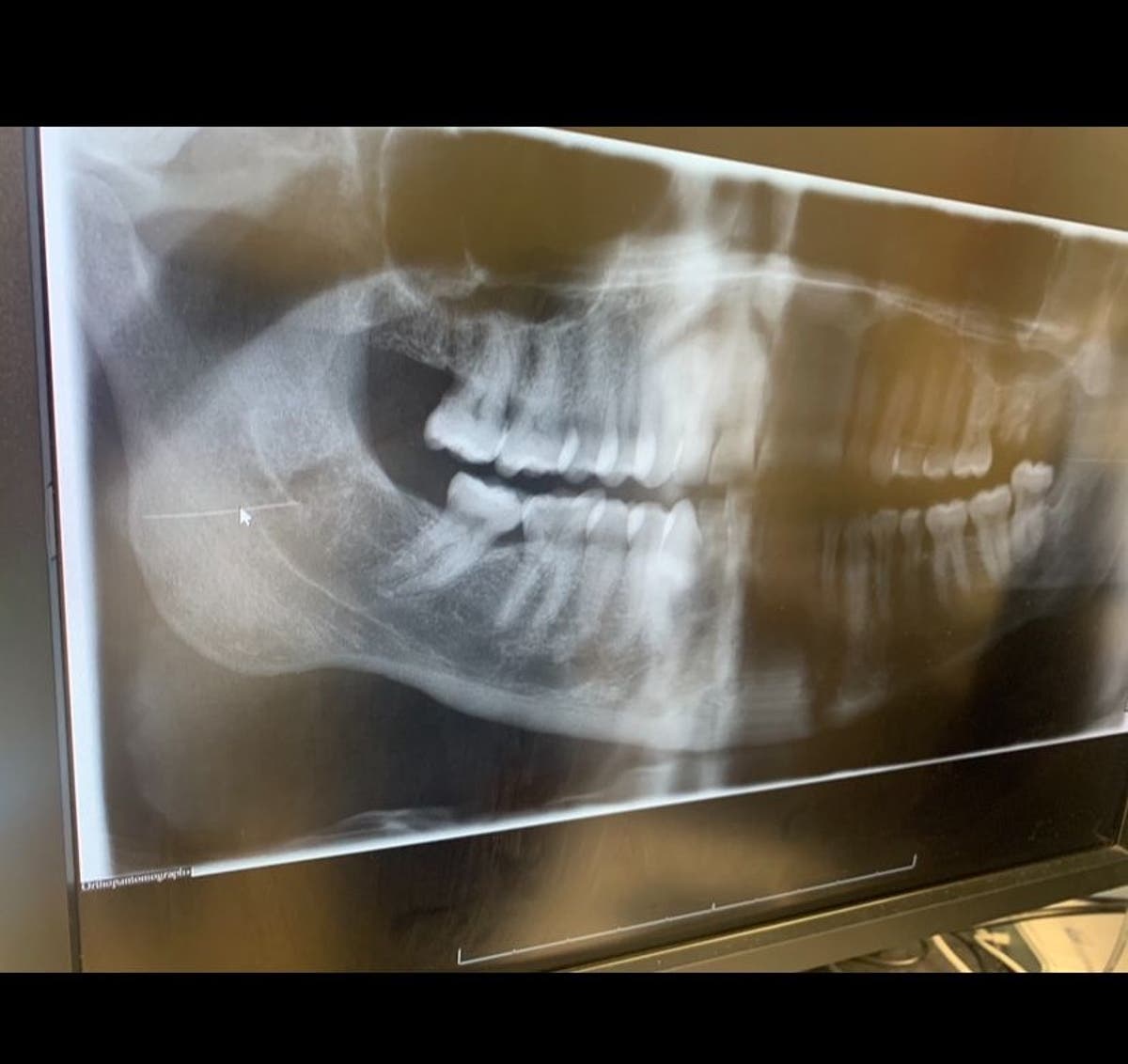
KANKAKEE — It is not just students who struggle to get high marks on their report cards. Each year, the state of Illinois gives summative designations to its schools, measuring factors such as high school graduation rates, chronic absenteeism, and proficiency and growth in reading, math and science starting in third grade. In Kankakee School District 111, the state’s report card designations ranged from commendable for one school to intensive for two schools.
The five possible designations, in order from best to worst performing, are exemplary, commendable, targeted, comprehensive and intensive. Kankakee Superintendent Teresa Lance said district leaders have earlier access to the state’s report, which was released at the end of October. “I had time to get through some of the shock factor,” Lance said.
“When we have two schools that go from comprehensive to intensive status, it is disappointing, but I say all that knowing that we have really good leaders and teachers who feel the urgency to get this right for kids.” Kankakee School Board President Chris Bohlen said discussions regarding student achievement would be taking place in the coming months. “The state reports came out,” he said.
“None of us are happy with that, but all of us [on the board] know how hard [staff] have worked. ..
. We’re going to make this happen. That’s the one thing we all agree on.
” District wide, Kankakee’s rate of chronic absenteeism, when students miss 10% or more of days in a school year, was 46.1%. Though it trailed behind the state’s rate of 26.
3%, District 111 saw an improvement from its 51% chronic absenteeism in 2023 and 60.3% in 2022. Kankakee’s graduation rate has improved over time as well.
The four-year graduation rate for Kankakee High School was 77.8%, up from 71.4% in 2023, 61% in 2022, and 74.
9% in 2021. The 2024 graduation rate for KHS was about 10 percentage points behind the statewide rate of 87.7%, which was a record high for Illinois.
SCHOOL DESIGNATIONS Lincoln Cultural Center, home to a preschool through eighth grade Montessori magnet program for more than 450 students, received the district’s only commendable designation. Commendable means a school had no underperforming student groups but fell short of performing in the top 10% of statewide schools. Edison Primary School, with about 200 students in preschool through third grade, and Kankakee Junior High School, with about 500 students in seventh and eighth grade, were both designated as intensive.
That designation means the schools have completed full “comprehensive support” school improvement cycles, but their performances remained in the lowest-performing 5% of Title I eligible schools. King Middle School, with about 350 students in third through sixth grade, and Kankakee High School, with about 1,400 students, both were targeted, meaning one or more student groups performed at or below the level of students in the lowest-performing 5% of schools. For King, the targeted groups are Black students, children with disabilities and English language learners; for KHS, the targeted group is children with disabilities.
Kennedy Middle School, with about 515 students in second through sixth grade; Mark Twain Primary School, with about 275 students in preschool through third grade; Steuben Elementary School, with about 270 students in preschool through third grade; and Taft Primary School, with about 300 students in kindergarten through third grade; were comprehensive, meaning they were in the lowest-performing 5% of schools. DISTRICT CONCERNS Lance, in her first year as superintendent, said she reviewed school assessments, chronic absenteeism and other data when preparing for the interview process. “I knew there was cause for concern in terms of how we were preparing children,” she said.
Some of Lance’s main concerns are that reading and math proficiencies are “incredibly low.” “I’ve met with folks from the state,” she said. “It is going to take us a while to address the proficiency.
” However, Lance said the district can make gains in student growth right away. That improvement will involve making sure the curriculum is both “cognitively demanding” and aligned to teaching and learning standards. “We have got to build reading and writing across all content areas,” she said.
“There has to be a focus on literacy throughout, regardless of what you teach.” Kelly Gilbert, assistant superintendent for curriculum and instruction, was concerned reading and math proficiencies were at zero or close to zero in some schools. “Anywhere there was a zero .
.. that’s alarming,” Gilbert said.
“We can’t have that.” For example, the weighted index score measuring math proficiency at Kankakee High School was 0.44; this score counts for 7.
5% of the overall indicator score for the school, which was 30.99 out of 100. Steuben had a weighted index score of zero measured growth in math, which accounts for roughly 27% of the school’s overall indicator score of 24.
1 out of 100. Edison received weighted index scores of 0.84 for English language arts proficiency and 0.
86 for math proficiency, with each score counting for 8.65% of the school’s overall index score of 23.49 out of 100.
At Taft, the weighted index score for math proficiency was zero, accounting for 8.65% of the school’s overall index score of 16.72 out of 100.
Gilbert said the “intentionality” behind the work teachers and administrators are doing to support students is going to be key in turning the numbers around. PLANS FOR IMPROVEMENT District and building administrators have been spending more time observing in classrooms, with the administrators tasked with 10 visits per week. The focus is not on how individual teachers are doing, but rather on the patterns of teaching and learning across the district, Lance said.
In the future, the district may be reconsidering how grade levels are distributed. Currently, students are divided into grade centers, so some attend multiple elementary schools before hitting junior high and high school. “Long story short, we’ve got to figure that out, because it’s too much mobility for our children,” Lance said.
Another goal is to hire more assistant principals for the elementary schools. “We’ve got to give [principals] some relief and systems of support so they can spend more time in classrooms supporting teachers and supporting students,” Lance said. Also in regards to hiring, Lance said she is committed to increasing the number of certified, licensed teachers within the next couple of years.
“More than 30% of our classroom teachers are not licensed, and that’s not fair to kids,” she said. Another consideration is to shift from using Learning Anywhere, Anytime days, where students can do their school work remotely, to early-release days. Teachers would use the second half of the day for professional development.
The district is in the process of surveying staff and families about potential changes. “The intention of LAA days was to bring students in who needed support, and we haven’t been doing that,” noted Gilbert. “This again, is more reason why we need our kids in school, and we need to be intentional about what they’re doing.
”.










